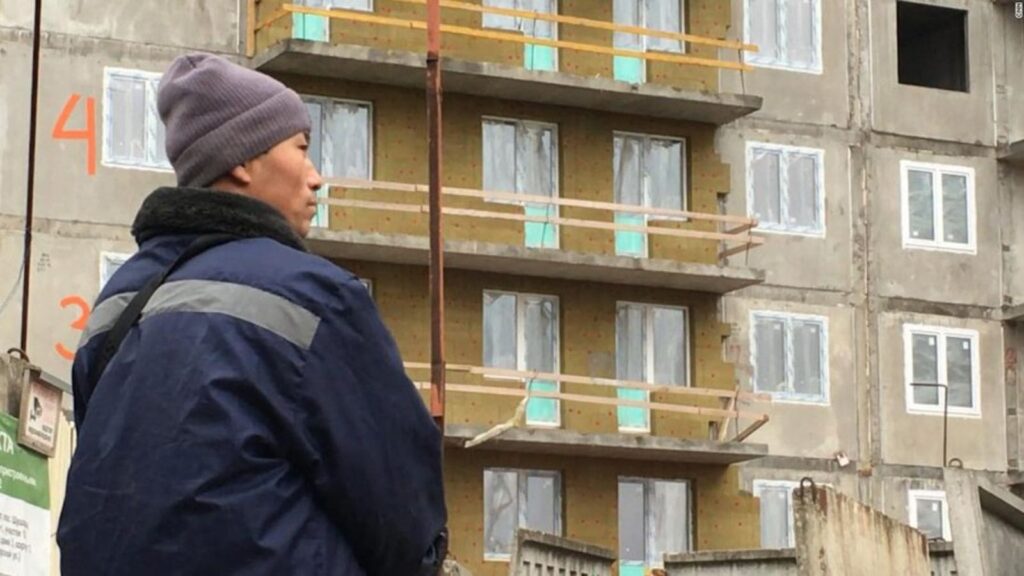970x125
Thousands of North Korean workers are being sent to Russia to work in conditions they describe as “like slavery”, the BBC reports.
970x125
The BBC says it has learned that more than 50,000 North Koreans are expected to be deployed to Russia to help fill labour shortages caused by the war in Ukraine. South Korean intelligence officials told the broadcaster that the workers are being used on construction projects, in clothing factories and at IT centres, despite a United Nations ban on North Korean overseas labour.
Six North Koreans who escaped Russia after the war began told the BBC they had endured extremely long working hours and close monitoring by security agents from their home country.
One man, named as Jin, said he was escorted from the airport to a construction site in Russia’s Far East by a North Korean security agent and told not to speak to anyone or look around. “The outside world is our enemy,” the agent told him, according to the BBC. Jin said he worked more than 18 hours a day building high-rise flats.
Another worker, Tae, told the BBC that waking up each day was “terrifying” because it meant repeating the same work until 2am, with only two days off a year. “My hands would seize up in the morning, paralysed from the previous day’s work,” he said.
A third worker, Chan, said some colleagues would fall asleep standing up and were beaten by supervisors.
Professor Kang Dong-wan from South Korea’s Dong-A University, who has interviewed North Korean workers in Russia, told the BBC the men work in dangerous conditions with little safety equipment and sometimes in darkness at night.
Story continues below this ad
The escapees described sleeping in shipping containers or unfinished buildings, often in unhygienic conditions. One man, Nam, said he was injured after falling four metres but was not allowed to go to hospital.
The BBC reports that while North Korean jobs overseas are in demand at home because they promise higher pay, most wages are sent back to Pyongyang as “loyalty fees”. Workers receive only a small allowance typically $100-$200 a month and only when they return home.
Tae told the BBC he decided to escape after learning other foreign workers were paid several times more for less work. “I felt like I was in a labour camp; a prison without bars,” he said. Jin recalled being mocked by other labourers: “You are not men, just machines that can speak.”
Some workers have managed to escape by saving money to buy second-hand mobile phones and arranging help. But North Korean authorities have tightened controls, increasing ideological training sessions and reducing trips outside work sites.
Story continues below this ad
Kim Seung-chul, a Seoul-based activist who helps rescue North Koreans in Russia, told the BBC that outings are now more strictly supervised, with workers required to travel in larger groups and under closer watch.
The South Korean government told the BBC that the number of North Koreans escaping Russia and reaching Seoul each year has halved since 2022.
Andrei Lankov, a professor at Kookmin University in Seoul, told the BBC: “These workers will be the lasting legacy of Kim and Putin’s wartime friendship.” He said the flow of workers was likely to continue long after the war ends.
970x125

